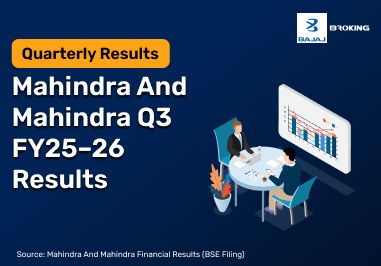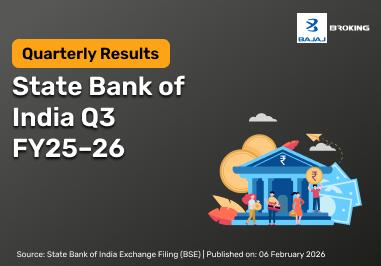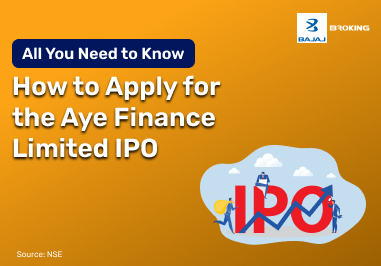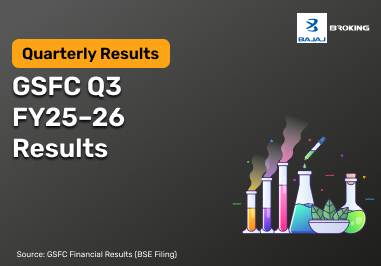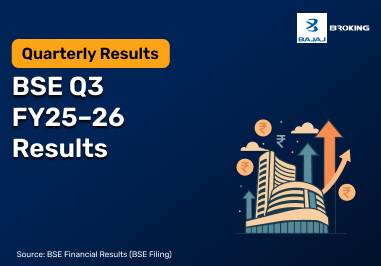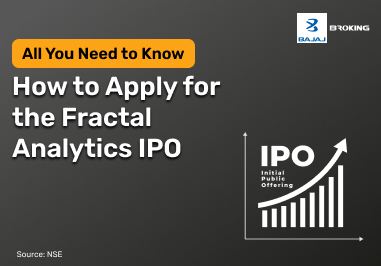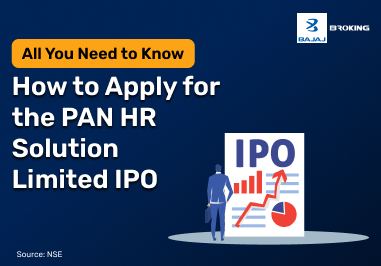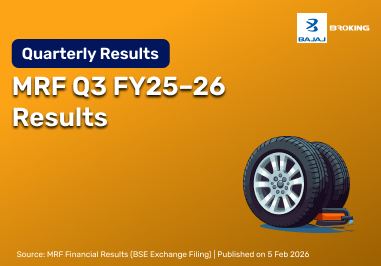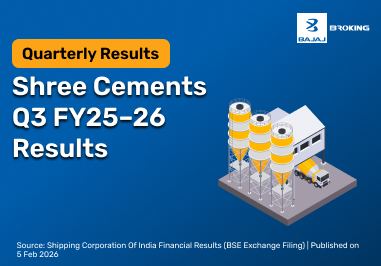Read on to know about how to open a commodity trading account and learn about the benefits of participation, and important factors to consider before getting started.
What is a Commodity Trading Account?
A commodity trading account is quite similar to an equity trading account with the chief difference being that it allows you to trade commodities on designated exchanges.
This specific-purpose trading account serves as a gateway for investors to enter the commodity market, providing access to a wide range of instruments and enabling the buying and selling of contracts related to different commodities.
Additional Read: What is the Commodity Market?
Types of Commodities to be Traded
When it comes to commodity trading in India, there is a wide range of commodities that investors can trade. The popular categories include:
Precious Metals
Known for their value and as a hedge against inflation, these include gold, silver, titanium, platinum, etc.
Base Metals
Used extensively in various industries and sectors, like copper, aluminium, zinc, etc.
Energy
Fuel production and energy generation commodities such as crude oil, natural gas, coal, and other petroleum products.
Agriculture
Grains and agri-products like wheat, cotton, soybeans, sugar, coffee, tea, lentils, spices, rice, etc.
Other Commodities
Natural rubber, mentha oil, guar seeds, etc.
It’s important to note that the mentioned commodities are indicative and subject to market availability and regulations. The availability of specific commodities for trading may vary based on the exchanges and contracts offered by commodity exchanges in India. It is advisable to refer to the relevant commodity exchanges and consult with a financial advisor or broker for detailed information and guidance before trading commodities.
Exchanges in India for Commodity Trading
In India, there are several prominent exchanges where commodity trading takes place. The major exchanges include the following:
- Multi Commodity Exchange (MCX) – mainly for metal and oil related products
- National Commodity and Derivatives Exchange (NCDEX) – focussed on agri-related commodities
- Indian Commodity Exchange (ICEX) – emphasis on steel, rubber, and other commodities
Just like the BSE and NSE (for equities), these exchanges facilitate the trading of various commodities and provide platforms for investors to participate in this market. All you need to do is open a commodity trading account to gain access to them.
Benefits of Opening a Commodity Trading Account
When you open a commodity trading account you can expect a host of benefits. The prominent ones are listed below.
Potential for Diversification and Hedging
Commodity trading allows you to diversify your portfolios by including assets other than equity and debt, providing an opportunity for risk reduction and portfolio optimisation. Including commodities in a well-structured portfolio can enhance risk-adjusted returns and provide a hedge against inflation and geopolitical uncertainties.
Access to Wide Range of Commodities
With a commodity trading account, you gain exposure to a vast array of commodities, including precious metals like gold and silver, energy resources like crude oil and natural gas, agricultural products like wheat and cotton, and more.
Speculative Opportunities and Potential Profits
Commodity markets are known for their volatility, offering potential profit opportunities for those who can accurately forecast price movements and employ effective trading strategies. This requires you to be abreast of the latest trends and market events, and know how to use analytical tools as well.
How Commodity Trading Works
Before diving into online commodity trading, it’s essential to understand the basics of how futures and options contracts function:
Futures Contracts: These contracts obligate you to buy or sell a commodity at a predetermined price on a specific date in the future. This helps lock in prices and manage risks effectively.
Options Contracts: Unlike futures, options grant the right but not the obligation to buy or sell a commodity at a predetermined price. This offers flexibility in trading decisions.
For example, if you buy a crude oil futures contract at ₹963 for delivery in one month, you can later sell it at a higher price if the market rises, making a profit. Conversely, you may also sell such contracts in anticipation of price drops, managing risks accordingly.
This does not mean you must take physical delivery of the commodity. Most traders settle their positions before the contract’s expiration by offsetting buy and sell positions, achieving gains or minimising losses within their commodity account.
Efficient usage of tools like real-time price monitoring, risk analysis, and technical insights allows traders to maximise potential within their commodity account while engaging in online commodity trading.
Factors to Consider Before Opening an Account
Before opening a commodity trading account, there are several factors to consider and important aspects to keep in mind:
Selecting a Reputable Brokerage Firm
Choose a reputable brokerage firm that specialises in commodity trading. Consider factors such as brokerage fees, trading platforms, research and analysis tools, customer support, and the firm’s track record.
Understanding Commodity Market Dynamics
Gain a basic understanding of how commodity markets operate, including factors that influence commodity prices, supply and demand dynamics, and market fundamentals.
How to Open a Commodity Trading Account
Now that you know the meaning of a commodity account, the benefits it offers, and the factors to consider, here is a step-by-step process about how to open a trading account. Although the specific steps may vary across brokers, the general steps to be followed are:
Submit Required Documents
Submit the necessary documents, such as proof of identity, address proof, PAN card, and bank account details, to complete the account opening formalities.
Fund Your Account and Start Trading
Once your commodity trading account is opened and approved, deposit the required funds into your account to start trading. Familiarise yourself with the trading platform, learn about order types and execution methods, and begin executing trades based on your investment strategy.
Steps to Open an Online Commodity Trading Account
Step 1: Choose a Broker for Your Commodity Account
Research and identify a reputable brokerage firm offering seamless online commodity trading. Compare features, brokerage charges, and platform usability before finalising.
Step 2: Start the Online Application
Visit the chosen broker's website to fill out the application form for a commodity account. Ensure you provide accurate details and select the commodity trading option.
Step 3: Submit KYC Documents
Upload digital copies of KYC documents such as bank account details, proof of address, and PAN card. These are mandatory for verifying your identity.
Step 4: Complete Verification and Activation
Wait for the brokerage team to process your application. Once verified, the commodity account will be activated for online commodity trading.
Step 5: Fund the Account and Begin Trading
Deposit funds into your trading account and explore the broker’s online trading platform. Start by analysing commodity trends and placing your first trade.


